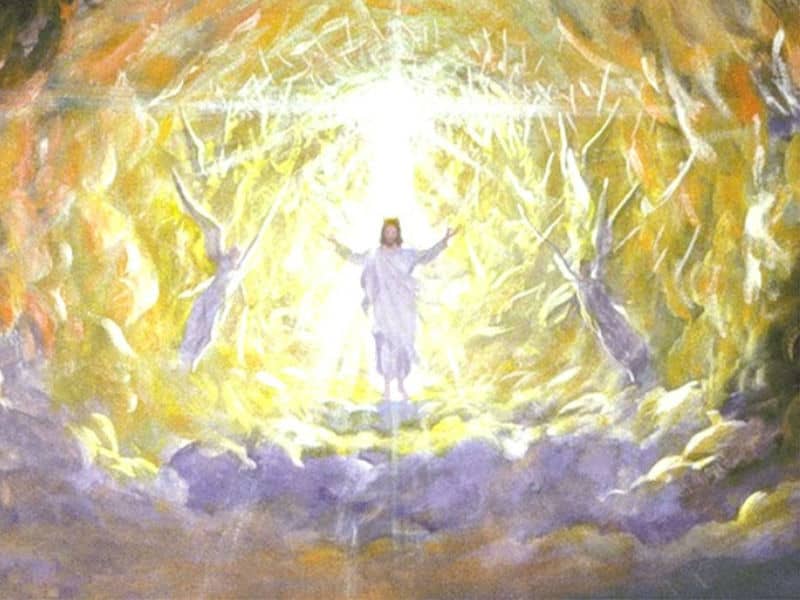The questions are provocative: Can openly gay men and lesbians be ordained? Can church leaders give official blessings to long-term homosexual relationships?
Religious people usually like to find common ground. But on this issue there can be no compromise: Those who believe homosexuality is sinful think they must battle what God abhors. Those who see an emerging definition of homosexuality as a normal, though minority, part of humanity believe they are fighting ignorance.
Whether the churches can live with this tension remains to be seen, since avoiding confrontation is the path their leaders usually choose to prevent schism. But as the battle continues, it's clear one side is winning--the side that believes homosexuality must be accepted in the church.
Clergy are publicly disobeying church hierarchies by ordaining homosexuals and blessing same-sex unions, while church studies reveal a new, progressive understanding of homosexuality.
The United Methodist Church is dealing with violent internal debate because some of its clergy--the Reverend Jimmy Creech in Nebraska, the Reverend Gregory Dell in Chicago, and the Reverend Donald Fado in Sacramento among them--have begun flouting the denomination's rules and blessing same-sex unions.
Roman Catholics, whose church teaching is clearly opposed to homosexual activity, are discussing the issue openly--though not officially, for fear of reprisal by the hierarchy.
The Southern Baptist Convention--that most conservative of groups--responded to an attempt at liberalizing its viewpoint with a resolution calling homosexuality "sinful." But the fact that the convention took a stand at all means unanimity no longer exists in this group.
Even the Reverend Jerry Falwell met with a gay group in October and agreed to lower the decibel level of his hostile rhetoric.
Meanwhile, in all the churches, there is an intense debate raging over why homosexuality has emerged as the dominant issue of the decade. Conservatives suggest that it's the result of efforts by a powerful gay lobby. Nothing could be further from the truth.
That would be like the claim made by white Southerners in the '40s and '50s that racial unrest was the result of outside agitators. The operative assumption of this strange suggestion was that African-Americans who lived in the South "enjoyed" segregation.
Social change comes when victims respond to a new definition that challenges the old view. The new definition forcing the debate on homosexuality is emerging from medicine and science, especially brain science. The world is now confronted with data suggesting that homosexuality has been part of humanity since the dawn of time. In that sense, it is not abnormal.
Homosexuality appears to be a recognizable phenomenon in the animal world and thus can hardly be called unnatural. It can now be statistically related to such variables as the level of testosterone in the pregnant female at the time of the brain development of the fetus. It also appears to be unchangeable. A well-known national pastoral counseling agency called any effort to change a person's sexual orientation "an act of pastoral violence"--despite well-publicized efforts by religious conservatives to "change" homosexuals into heterosexuals.
These new insights challenge the common wisdom. And the churches reflect the tension. But if homosexuality is a natural aspect of humanity, then it needs to be accepted, recognized legally, and incorporated into society. So the deeper question emerges: Will the churches serve their survival needs, or their calling to seek God's truth?
The integrity of Christianity hangs in the balance.

